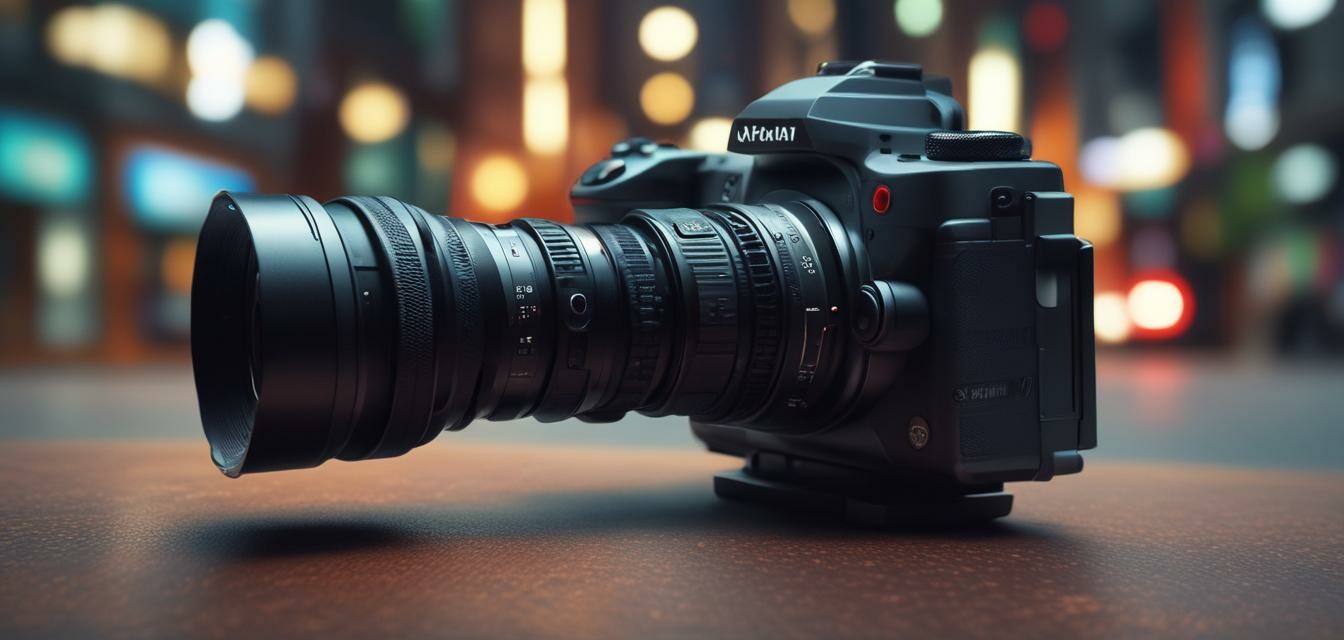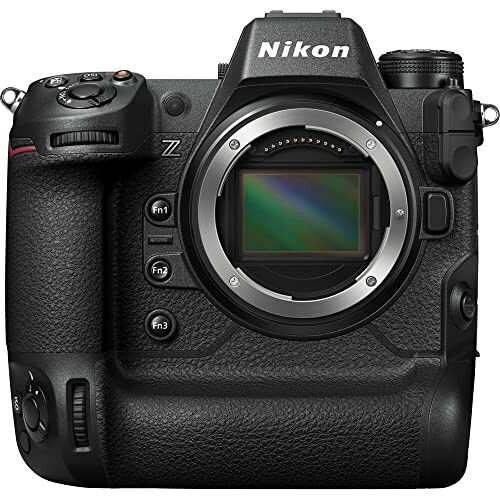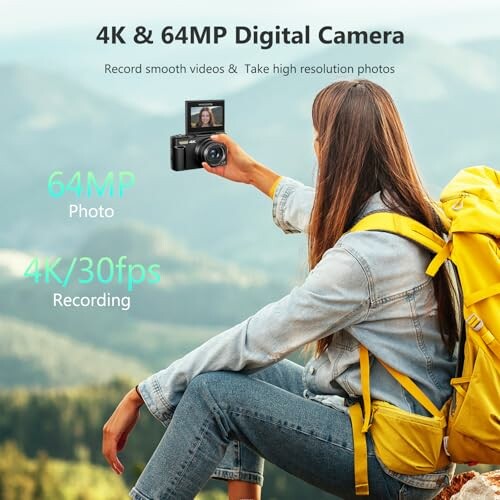
The impact of AI on photography and cameras
- AI technologies enhance autofocus performance, making it faster and more reliable.
- Scene recognition capabilities allow cameras to automatically adjust settings for optimal results.
- Post-processing enhancements through AI simplify editing and improve image quality.
- Smart features in cameras saving time and effort for photographers of all skill levels.
Artificial Intelligence (AI) has become a game changer in various industries, with photography being no exception. The advent of AI in modern cameras has transformed how we capture and edit images. From auto-focus systems to post-processing software, AI technologies are significantly enhancing the photographic experience. This article explores the various ways in which AI is reshaping photography techniques and camera designs.
AI in autofocus technology
Autofocus systems are one of the most important features of a good camera. AI has revolutionized autofocus capabilities, making them more accurate and efficient. Below are some significant advancements:
| Technology | Description |
|---|---|
| Deep Learning Algorithms | AI utilizes deep learning to improve object detection, allowing cameras to focus on subjects even in cluttered environments. |
| Eye Detection | Cameras can now recognize and focus on subjects' eyes, ensuring sharp portrait images. |
| Real-time Adaptation | AI-enabled autofocus systems can adapt settings based on the movement of subjects, providing a smoother shooting experience. |
Example of advanced autofocus systems
The Nikon Z9 Flagship Professional Full-Frame Mirrorless Camera utilizes a state-of-the-art autofocus system that exemplifies these advancements. Below is a closer look at the Nikon Z9’s features:
Nikon Z9 Flagship Professional Full-Frame Mirrorless Camera
A cutting-edge camera with 45.7MP stacked BSI CMOS sensor and revolutionary autofocus that delivers exceptional performance.
Learn MoreScene recognition capabilities
AI-driven cameras are capable of recognizing different scenes and adjusting settings automatically for optimal image quality. Here’s how scene recognition enhances photography:
- Automatic adjustments: Cameras can modify exposure, white balance, and focus settings based on the scene being captured.
- Multiple scene modes: Users can choose between various modes, such as portrait, landscape, or night, each optimized by AI algorithms.
- Improved quality: This technology assists in achieving higher quality images with minimal skill required from the photographer.
Advanced scene recognition in action cameras
Modern action cameras leverage AI for improved scene recognition. The VJIANGER W08 4K Digital Camera is a fantastic example:
VJIANGER W08 4K Digital Camera
A compact and versatile vlogging camera equipped with advanced features for photography and video recording.
Learn MorePost-processing enhancements
AI is not only influencing cameras during the image capture process but also during post-processing. Here are some key benefits:
- Smart filters: AI-enhanced filters can automatically adjust colors and tones based on the content of the image.
- Noisy image reduction: Advanced algorithms help in reducing noise in low-light photographs while retaining detail.
- Automatic cropping: AI can suggest the best crops for an image based on composition and subject focus, enhancing visual appeal.
The future of AI in photography
The continual integration of AI in cameras is an exciting prospect for photographers. As technology evolves, we can expect even more intelligent features, such as:
- Further advancements in AI-based image processing software to enhance editing capabilities.
- Improved integration of AI with virtual reality for immersive photography experiences.
- Innovative camera designs that fully utilize AI, making photography accessible and enjoyable for everyone.
Conclusion
Artificial intelligence is not just a trend in photography; it’s a revolutionary shift that is changing how we capture, edit, and enjoy images. The advancements in autofocus systems, scene recognition, and post-processing techniques signify a new era for photographers of all skill levels. By embracing these technologies, photographers can enhance their craft and achieve stunning results with greater ease than ever before.
Key Resources
For those wanting to dive deeper into how AI impacts photography and camera functions, check out our related resources:

